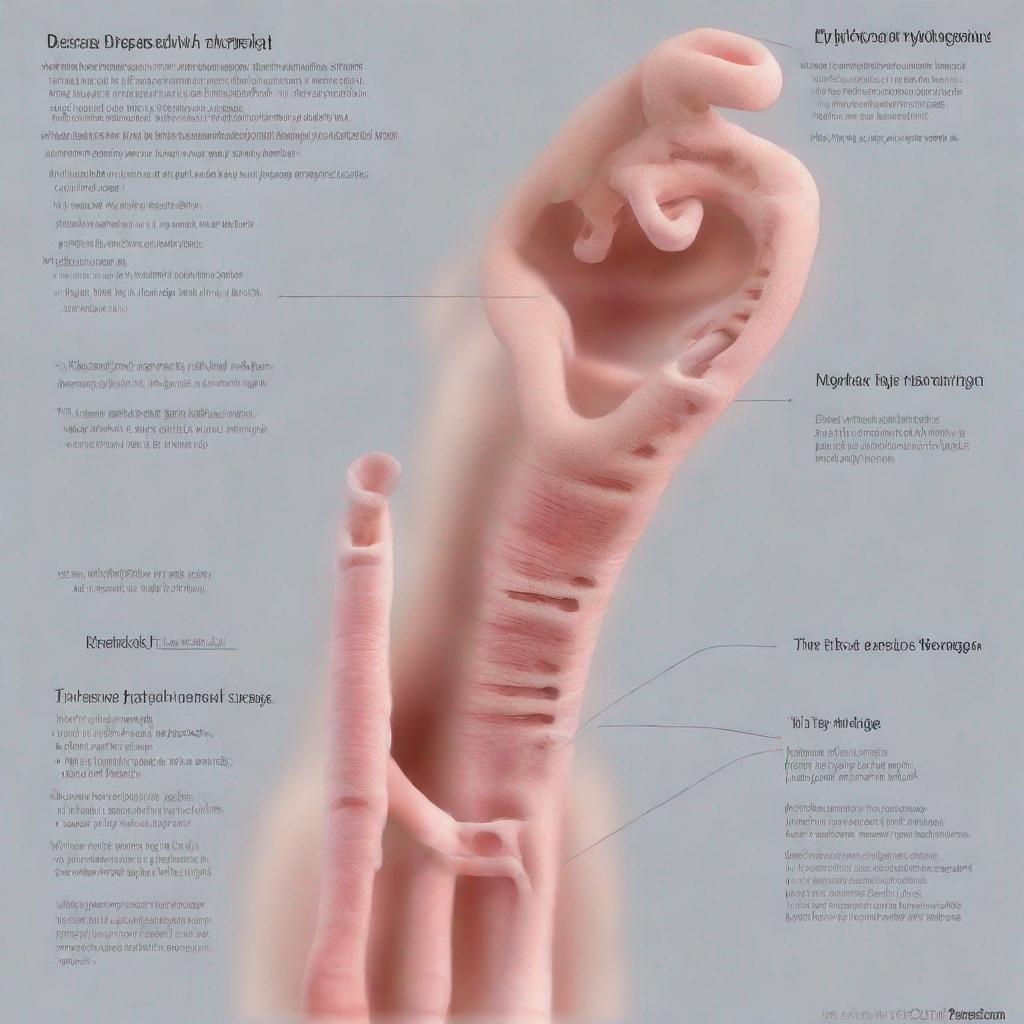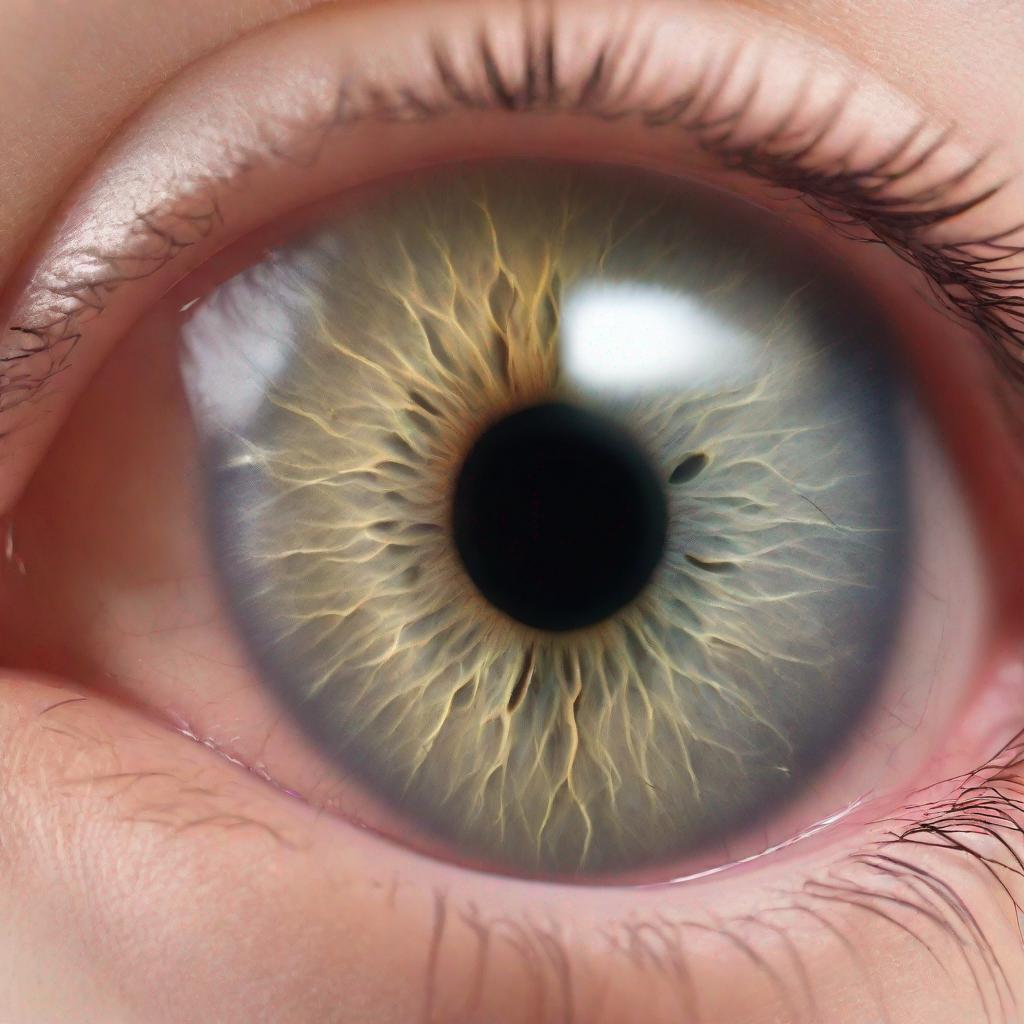## Electroencephalogram (EEG): A Window into Brain Activity
**Introduction**
Electroencephalography (EEG) is a medical test that records electrical activity in the brain using electrodes placed on the scalp. It provides valuable information about brain function, helping diagnose and monitor a wide range of neurological conditions and diseases.
**Procedure**
During an EEG, small metal electrodes are attached to the scalp using a conductive gel. These electrodes detect electrical signals generated by neurons in the brain. The recorded signals are amplified and displayed on a computer screen or printed on paper.
The test is typically performed by neurologists or neurophysiologists. It can be conducted in a clinical setting, hospital, or specialized epilepsy monitoring unit (EMU).
**Diagnosis**
An EEG can help diagnose a variety of conditions that affect the brain, including:
* Epilepsy and seizures
* Encephalopathy
* Meningitis
* Encephalitis
* Head injury
* Brain tumors
* Sleep disorders (e.g., narcolepsy, sleep apnea)
* Stroke
* Alzheimer’s disease
* Parkinson’s disease
**Importance**
An EEG is an important diagnostic tool because it provides information about:
* The location and type of seizure activity
* The severity and progression of a brain condition
* The effectiveness of medication and treatment
* Brain activity during sleep
* The presence of brain damage or injury
**Alternatives**
While EEG is the most common method to measure brain activity, other alternatives include:
* Electrocorticography (ECoG): Electrodes are placed directly on the surface of the brain.
* Magnetoencephalography (MEG): Magnetic signals from the brain are measured.
* Functional magnetic resonance imaging (fMRI): Oxygen levels in the brain are measured to infer activity.
**Preparation**
Before an EEG, patients may be asked to:
* Wash their hair without using any hair products
* Avoid caffeine and alcohol for several hours
* Fast for a few hours before the test (if necessary)
**Duration**
An EEG typically takes around 30-60 minutes. The interpretation of the results may take additional time.
**Recommendations**
Following an EEG, other tests or procedures may be recommended, such as:
* Computed tomography (CT) or magnetic resonance imaging (MRI) of the brain
* Neuropsychological testing
* Genetic testing
In conclusion, EEG is a valuable medical test that provides critical information about brain function. It is essential for diagnosing and monitoring neurological conditions, guiding treatment decisions, and assessing the effectiveness of interventions.




